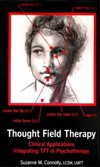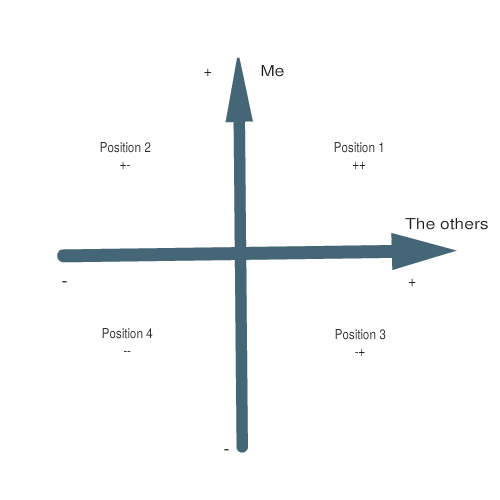Stress / Emotional intelligence
« Remember that small emotions are the great captains of our lives which we obey without knowing it » Vincent Van Gogh to Theo« Without emotions, and therefore motivation, we would aspire to nothing. We would remain indifferent to our acts, thoughts and their consequences. As the basis for motivation, emotion naturally plays a crucial role in our search for happiness »
Tal Ben-Shahar, Harvard PhD in Organizational Behavior and BA in Philosophy and Psychology, serial entrepreneur, and the co-founder and chief learning officer of The Wholebeing Institute, Potentialife, Maytiv, and Happier.TV.
For Daniel Goleman, Ph.D., author of the New York Times bestseller « Emotional Intelligence », emotional intelligence is « the capacity to regulate one’s emotions and that of others, to distinguish them and use this information to guide one’s thoughts and actions »
« To know if we work in an emotionally « illiterate » environment, word invented by Claude Steiner, who developed transactional analysis, you need observe the level of stress, the frequency of the power games, the degree of manipulation or harassment. The more frequent these situations are, the more urgent it is to put in place « emotional literacy training » groups in order to allow workers to apprehend their emotions, that is to say to observe facts instead of judge, to listen to the other instead of labeling him … »
« An atmosphere of confidence when each person is centered on his/her emotions rather than on judgements on the others and on him/herself »
« It is often difficult to act on external pressure, whether economic, social or cultural. The emotional development is a necessary element to improve this internal/external balance »
« At the emotional level, the more conscious the emotion is, the less prevailing the underlying belief will be on the manager. If he can increase the degree to which he can accept the uncertainty and fear that are generated, he will then be able to stay true to himself when the others are overwhelmed »
Gilles Corcos
« Develop your emotional skills »
« Finding it difficult to deal with emotions increases the risk to develop psychological problems, anxiety problems or mood disorders, but also personality disorders, alcohol addiction and complicated mournings. It also increases physical health problems, from the simple cold to coronary thrombosis as well as a series of skin, gastrointestinal, cardiorespiratory, immune and even muscular problems. Apart from its importance in terms of health, dealing with emotions (anger, frustrations, jalousy, anxiety …) is also very important for our professional success and our social relations – whether emotional or professional. All things being equal, people who can deal with their emotions are more appreciated, have more lasting and satisfying relationships in their couple »
Martin Desseilles, MD ; Moira Mikolajczak, MD
« Live better with one’s emotions »
Stephen Kosslyn, previous professor at Harvard, describes a brain on a screen : « You see here where the logical intelligence is. And there, you have the amygdala, where our emotions are. It is when the two are accurately integrated that you make an accurate decision ». And he sums up this need in his own way :
« Companies are now expecting four qualities from their co-workers : a critical, creative mind and strong interpersonal skills in order to communicate and interact ».
There are different ways to better deal with one’s emotions, relations and to increase one’s emotional intelligence. Discoveries in neurosciences confirm what had been discovered rather empirically and also offer us simple and efficient tools to be used in our daily life.
Humanist psychology acknowledges the value of the human being as a unique, original person who deserves a deep respect, and especially insists on people skills and their potential for change ; it grants them the right to self-determine themselves.
I therefore offer you three humanistic approachs (altogether with neurosciences discoveries) to better adapt to each one of you.



